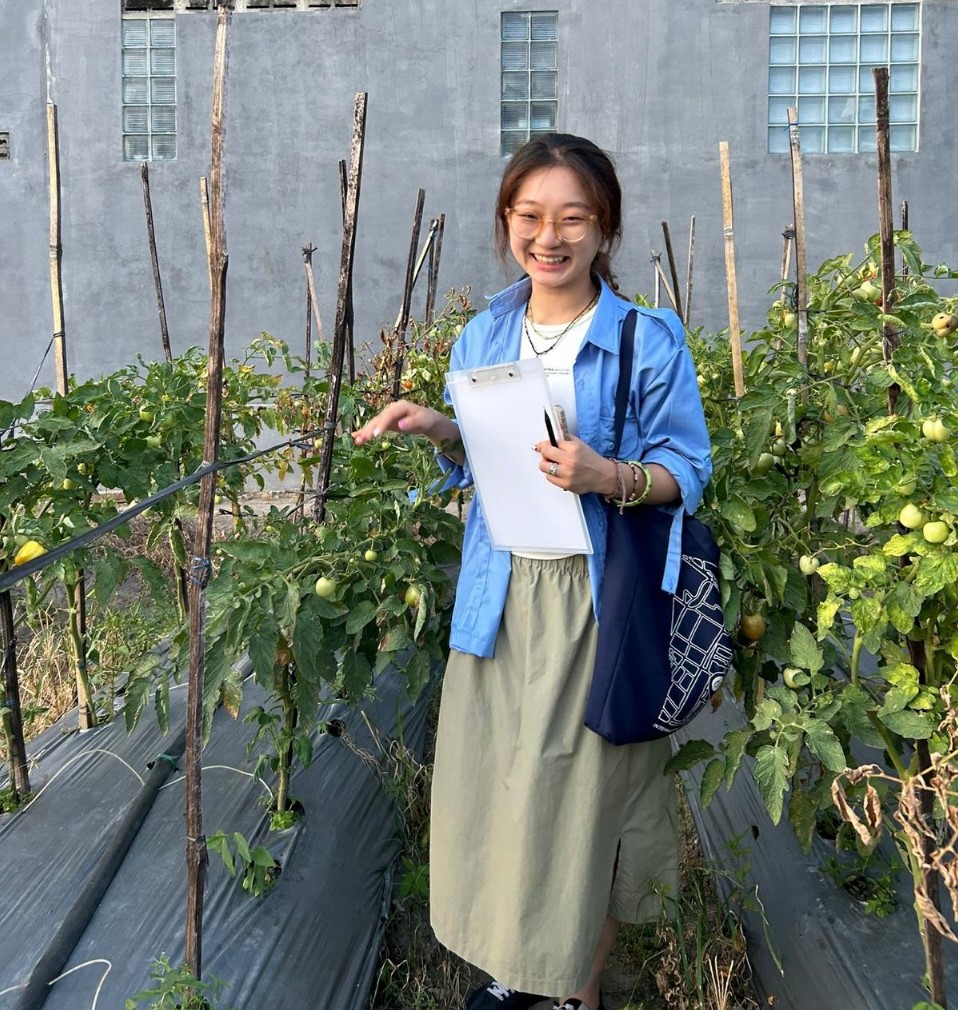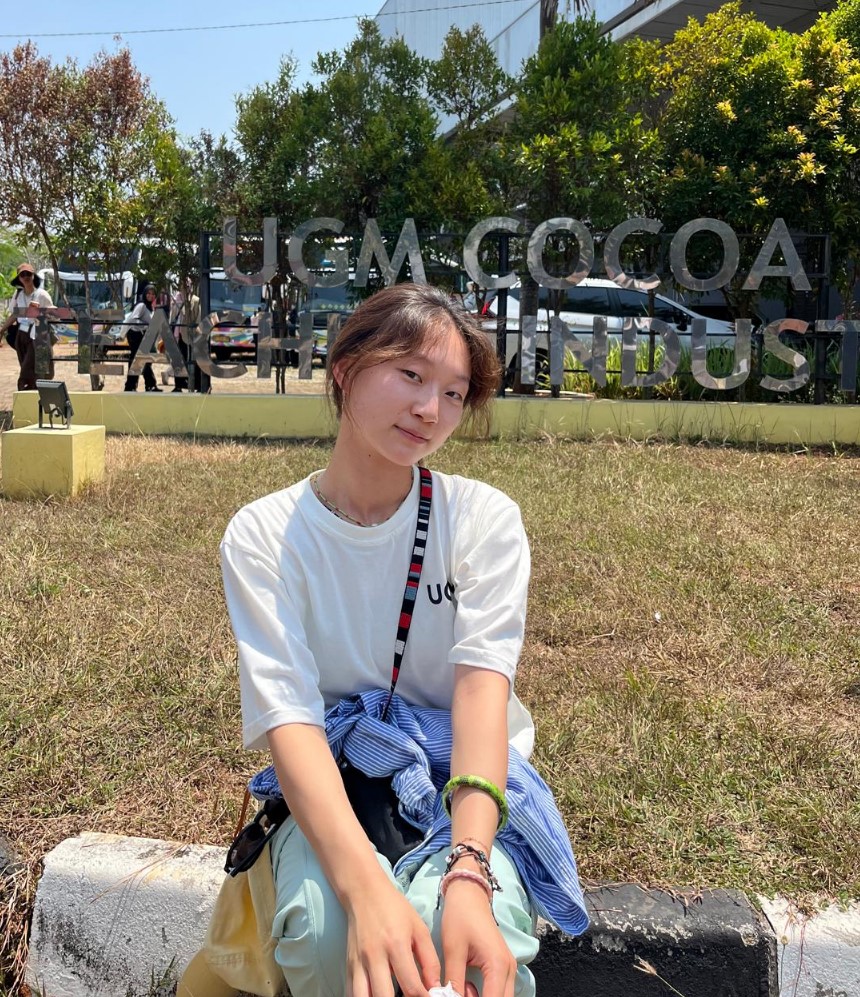
Indonesia is one of the largest countries in the world in agricultural production. At a time when the average temperature is rising worldwide due to global warming, agricultural technology in Indonesia, a tropical climate, will become very important. Therefore, Jisoo Park, a student from The Department of Horticulture, Gyeongsang National University, South Korea wanted to experience studies at Universitas Gadjah Mada as it thought it had abundant insights and experience in tropical agriculture and sustainable agriculture.
Jisoo found interesting courses in the Department of Agricultural Microbiology, which is Traditional Fermented Food of Indonesia and Plant Breeding. It was unique that Faculty of Agriculture UGM provides comprehensive support for students’ studies and that it has so many experimental subjects. Various club activities and festivals were held on campus, so it was great to make new friends or enjoy culture. Also, there were many activities where students could continue their studies progressively, such as buddy programs, exchange students, and experimental assistants. She felt that UGM gives her more options in experimental subjects than her origin university.

“Gyeongsang National University also has experimental subjects, but UGM has more options. Therefore, I feel that it is interesting that students can choose a subject that they are interested in and study intensively,” said Jisoo.
In a Traditional Fermented Food in Indonesia class, Jisoo said it was good to be able to take the class with regular students at UGM. This is because there are not many opportunities to meet regular students because other classes that she takes is with the students of International Undergraduate Class (IUC).
Jisoo who is from Korea, she is very familiar with fermented food because she can also experience many traditional fermented foods in Korea. However, she said she did not know that Indonesia also had so many kinds of fermented foods, and it was new because the ingredients and methods of making them were different from those of Korea. Also, sometimes local students brought traditional foods such as tape, cempedak and brem, and they could taste them in class. So that, she was grateful for that and all of traditional foods were tasty and she really likes it.
At UGM, the odd semester began on 12 August and ends in early December. The Traditional Fermented Food class is held every Monday morning and students learn various types of traditional Indonesian fermented foods, how to make them, and the microorganisms used in class. Jisoo mainly studies at the 6th floor of Agrotropical Learning Centre (AGLC) building. This is because most of the AIMS students’ classes are held at AGLC building. After class, she has lunch with her friends at the cafeteria. Moreover, Jisoo also tried the cafetaria at different faculties in UGM to explore and experience various things at UGM.
“This is my first visit to Indonesia, but I have had such a good experience that I hope Indonesia’s diverse and friendly culture will be known to more people,” she added.
The acceptance of Jisoo as one of AIMS students in Faculty of Agriculture UGM showed a commitment of the faculty to achieve the Sustainable Development Goals (SDGs), especially SDG 1: No Poverty, SDG 2: Zero Hunger, SDG 4: Quality Education, SDG 10: Reduce Inequality, and SDG 17: Partnerships for the Goals.
Author: Hanita Athasari Zain
Editor: Desi Utami
Photo: Jisoo’s documentation
